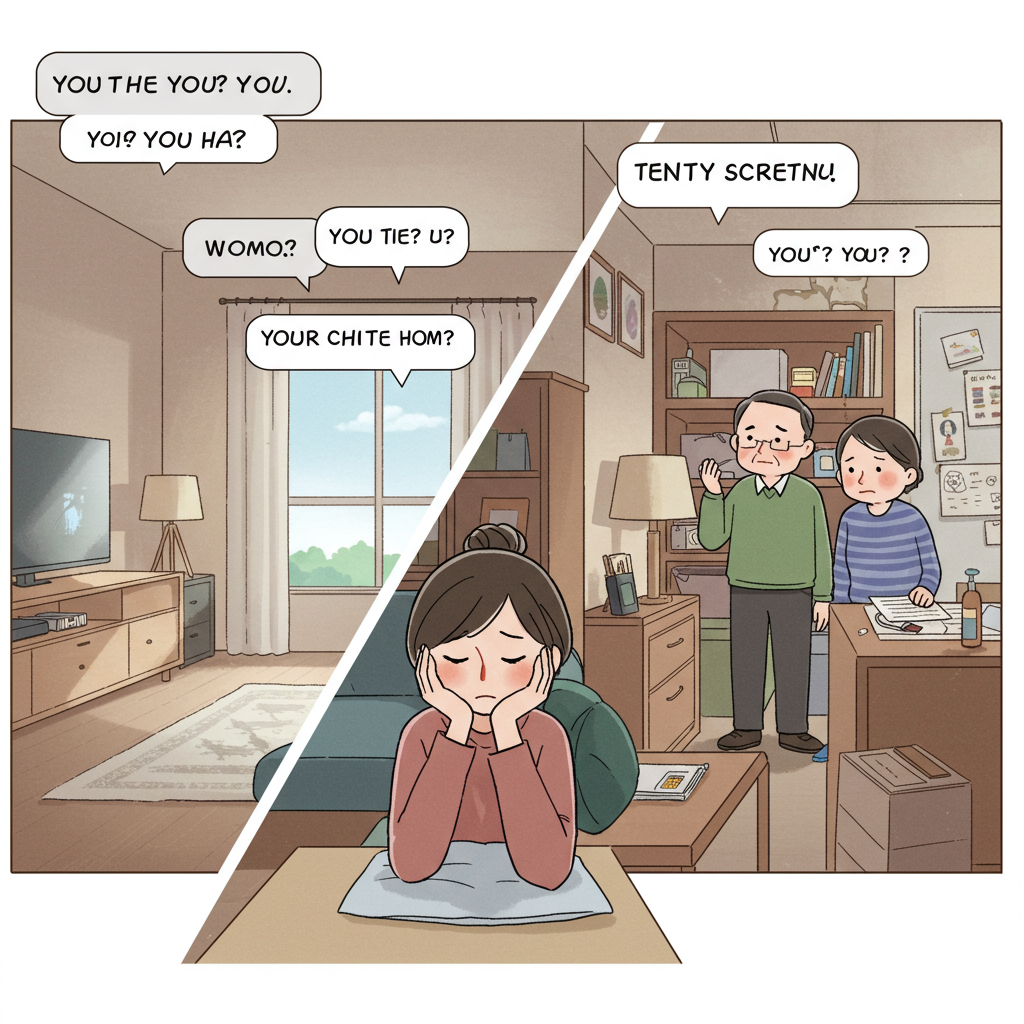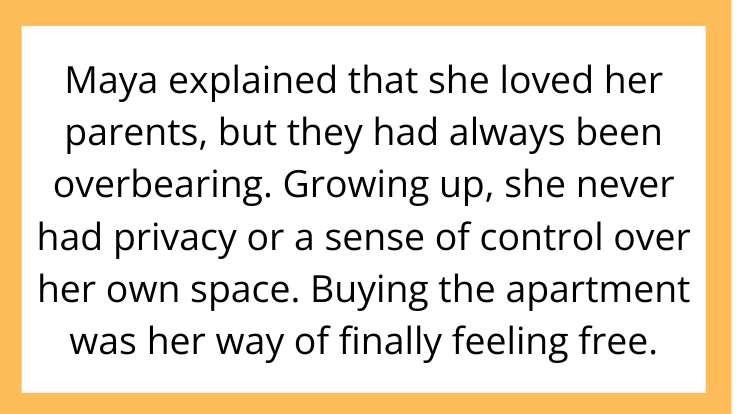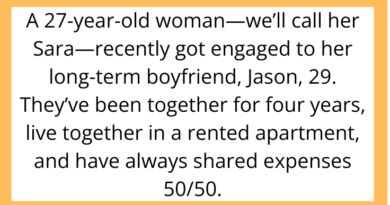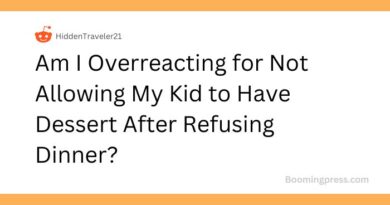AITAH for Refusing to Let My Parents Move Into My Apartment After I Bought It?
When you finally achieve a major life goal—like buying your first home—it’s supposed to be a moment of pride and freedom. But what happens when family expectations collide with your plans for independence? In today’s AITAH scenario, one young homeowner is grappling with guilt and resentment after saying no to their parents’ request to move in.
Let’s unpack the story and see whether setting boundaries makes you selfish…or simply human.
The Situation: A Milestone Undermined

The original poster—let’s call her Maya, 28—shared her story on r/AITAH. After working full-time since she was 21, taking on freelance gigs on the weekends, and living frugally, she finally closed on a two-bedroom apartment in her city. It was a huge accomplishment, and Maya was excited to start her next chapter on her own terms.
Her parents, however, had different ideas.
Just weeks after Maya moved in, her parents approached her with a request: they wanted to move into the second bedroom. The lease on their rental was ending, and they said they couldn’t afford the rising costs in their area. They framed it as temporary—“just until we get back on our feet”—and assured her they wouldn’t be a burden.
Maya didn’t share their confidence.
Drawing the Line: Why She Said No

Maya explained that she loved her parents, but they had always been overbearing. Growing up, she never had privacy or a sense of control over her own space. Buying the apartment was her way of finally feeling free.
She also knew that “temporary” in her family usually meant indefinite.
When she gently declined, her parents were stunned. They accused her of being ungrateful, selfish, and disrespectful. Extended relatives chimed in to say she was abandoning her duty as a daughter.
Maya offered to help them with the deposit on a smaller rental or pay part of their rent elsewhere, but her parents insisted that the only solution was living together.
Feeling conflicted, she turned to Reddit: AITAH for saying no?
The Internet Responds: Boundaries vs. Obligation

The AITAH community weighed in quickly—and overwhelmingly.
Most Agreed Maya Was Not the Villain
-
Your Space, Your Rules
Commenters pointed out that just because you’re related doesn’t mean you’re obligated to share your home. Maya had worked hard for her independence, and she had every right to protect it. -
Temporary Often Becomes Permanent
Many people shared similar stories: once family moved in, it became almost impossible to ask them to leave. -
Supporting Family Doesn’t Mean Sacrificing Yourself
Maya’s offer to help financially showed she cared. She was setting a boundary, not abandoning them.
Some Understood the Parents’ Perspective
-
Cultural and Generational Values
In many cultures, adult children are expected to house aging parents without question. -
Economic Hardship Is Real
With rising rents and limited options, her parents may have felt scared and desperate.
But even those who empathized with her parents agreed they couldn’t demand to move in—and shame her for saying no.
When Saying No Feels Wrong But Is Necessary

This situation highlights a painful truth: sometimes the healthiest choice for yourself is the one that makes you feel like the bad guy.
Setting boundaries can trigger guilt, especially if you grew up believing your worth depended on self-sacrifice. But having compassion for family doesn’t mean you have to give up your autonomy.
Maya didn’t refuse to help. She simply refused to erase the line between supporting her parents and surrendering her independence.
What Could Have Been Done Differently?

While Maya’s boundary was fair, some readers suggested ideas that might have softened the blow:
-
More Notice
If her parents had shared their situation sooner, Maya could have helped them explore other options. -
Mediation
A family therapist or mediator might have helped everyone feel heard without escalating into accusations. -
Written Agreements
If cohabitation were truly temporary, a signed agreement with a clear move-out date could have created accountability.
Still, none of these alternatives obligate Maya to give up her space if she isn’t comfortable.
Takeaway: You Can Love Someone Without Sacrificing Your Peace

AITAH scenarios like this strike a nerve because they expose the tension between duty and self-respect. Family can be your greatest support—but also the source of your deepest guilt.
Maya’s story is a reminder: It’s okay to say no. It’s okay to protect your mental health. You don’t have to set yourself on fire to keep others warm.



